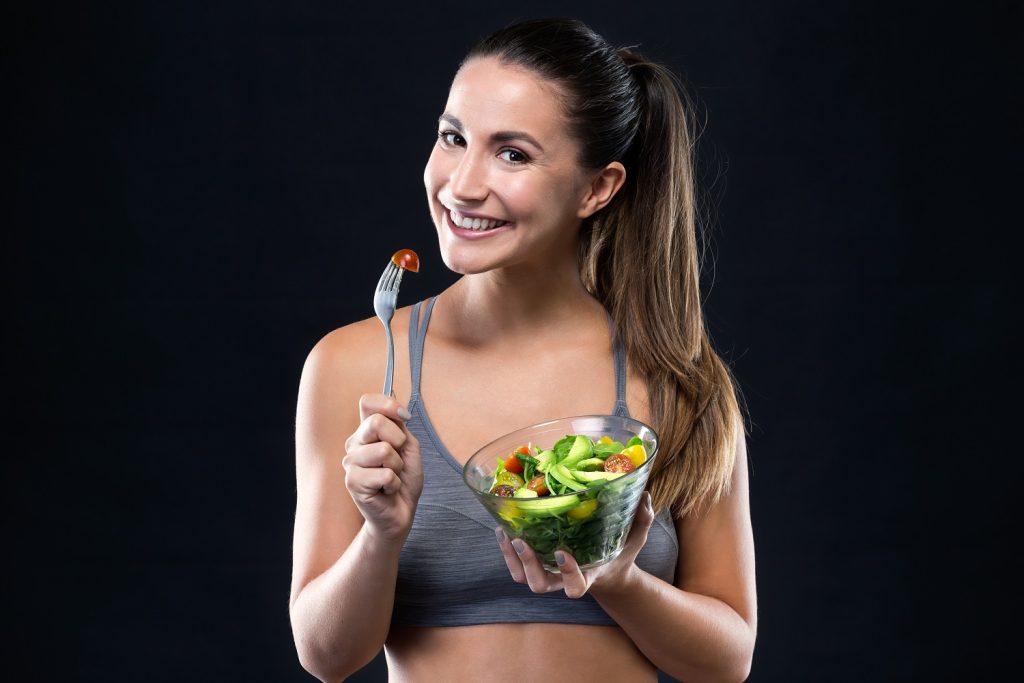Good Source of Protein for Vegans.
Being Vegan is a healthy way of living that seeks to eliminate all forms of animal exploitation and cruelty for food, clothing, or any other purpose, as far as possible and practicable and, by extension, promotes the development and use of animal-free alternatives for the benefit of animals, humans, and the environment. In dietary terms, it means avoiding all animal-derived products entirely or partially.
Meat and seafood are prohibited in both vegan and vegetarian diets. Vegan diets, on the other hand, go a step further by excluding all foods derived from animals. In addition to meat, vegans avoid dairy products, eggs, and honey. Furthermore, vegan foods never contain by-products of animal agriculture, such as lard, whey, or gelatin.
While the vegan diet can be very nutrient-dense, there are a few nutrients to be especially mindful of when following this diet: vitamin B12, calcium, certain omega-3 fatty acids, and iron.
Vegan Protein Sources:
Whole Grains
In contrast to refined grains, which retain only the endosperm, whole grain is a grain of any cereal that contains the endosperm, germ, and bran. Consumption of whole grains as part of a healthy diet has been linked to a lower risk of several diseases. Some High protein grains.
Quinoa
One cup of Quinoa contains approximately 8 grams of protein and 5 grams of fiber. Quinoa is a complete protein, which means it contains all nine essential amino acids our bodies cannot produce independently.
Oats
Oats are a good source of low-cost protein with high nutritional value. Oat has a distinct protein composition and a high protein content of 11-15 percent.
Brown Rice
One cup of brown rice contains 5g of protein. It also contains amino acids that can help nourish blood vessels and improve kidney and liver function. Brown rice protein is particularly high in cysteine, which can help improve lung health, athletic performance, and detoxification.
Nuts
Eating nuts can help you meet your protein needs, which are necessary for the development of bones, muscles, and skin. Protein also promotes feelings of fullness, making you feel satisfied and energized.
Almonds
Almonds contain 7 g of protein per 1/4 cup serving. They’re also high in antioxidants, which can help protect your cells from damage.
Peanuts
100 grams of Peanuts contain 26 grams of protein and have a fiber content. While peanuts contain a lot of fat, most of that fat is considered “good fat.” These fats are beneficial to your cholesterol levels.
Pistachios
Pistachios are high in nutrients. These edible seeds of the Pistacia vera tree are high in healthy fats, protein, fiber, and antioxidants. They’re also popular in various dishes, including ice cream and desserts.
Benefits of consuming Vegan Proteins.
Metabolism Enhancer
The general mixture of fibre and protein takes your body some time to digest whole vegan foods. The more your body works on metabolising plant protein, the better it becomes at burning excess fat.
Digestion Enhancement
Vegetables, legumes, grains, nuts, and seeds are high in healthy fibres, which naturally improve digestion and absorption, increase motility, and alleviate gas and bloating symptoms.
Complete source of Protein
Many people believe that the only “complete” protein sources are those derived from animals. This is simply not true. There are also numerous ways to combine vegan foods to get all of your proteins in one meal.
Five easy Vegan Replacements to make anything Vegan for your better health
A vegetarian diet has been linked to numerous health benefits, including lower cholesterol, blood pressure, and overall BMI. You’ll want to make sure you’re eating balanced meals and getting key nutrients properly to get proper protein. Below are some vegan substitutes for better health.
Drink Coconut Milk instead of Animal Milk
Coconut milk is a white, milky substance extracted from mature coconut flesh. It may benefit health in a variety of ways, including promoting weight loss and lowering cholesterol.
It can also be used to flavour sweet and savoury dishes and as a substitute for dairy milk. Coconut milk is one of the lowest-calorie non-dairy options available and is an excellent choice for those who want to or need to reduce their calorie intake.
Eat Peanut Butter instead of Dairy Butter–
Natural peanut butter is widely available in health food stores and specialty grocers, as well as online. Look for a product that has no additives other than salt. You can also make your own peanut butter at home by blending peanuts in a food processor until the desired texture is achieved.
Eat homemade Cashew Cheese instead of using dairy-based cheese
Cashew cheese will help you stay fuller for longer and reduce cravings because cashews are high in protein and healthy fat. The cheese can be used in a variety of recipes, including pizza, pasta sauce, dressings, and dips. It instantly transforms any bland recipe into something delicious and nutritious, making it simple to maintain a healthy diet.
Use brown rice syrup instead of bee honey
Brown rice syrup is widely available in supermarkets. It’s slightly less sweet than honey, which can be beneficial if trying to reduce sugar intake. Use it just like honey, adding a little more to recipes if the results aren’t sweet enough for you.
Have you ever wondered why the world is now recognizing the importance of going plant-based more than ever?
Veganism is simply the next step in agricultural development. Things are constantly changing in the farming industry. Researchers concluded that “a vegan diet is probably the single biggest way to reduce your impact on planet Earth, not just greenhouse gases, but global acidification, eutrophication, land use, and water use,” after conducting the most comprehensive analysis of farming’s impact on the planet to date.
A vegan diet also consumes less energy. Livestock necessitates massive amounts of fossil energy for a variety of activities such as feed production, breeding, fertiliser production, and spread, electricity consumption, and farm operating costs.
Plant products, on the other hand, have much higher energy efficiency, as it is estimated that animal based protein requires eight times the amount of fossil-fuel energy as plant-based protein.
A vegan diet saves both energy and lives!



